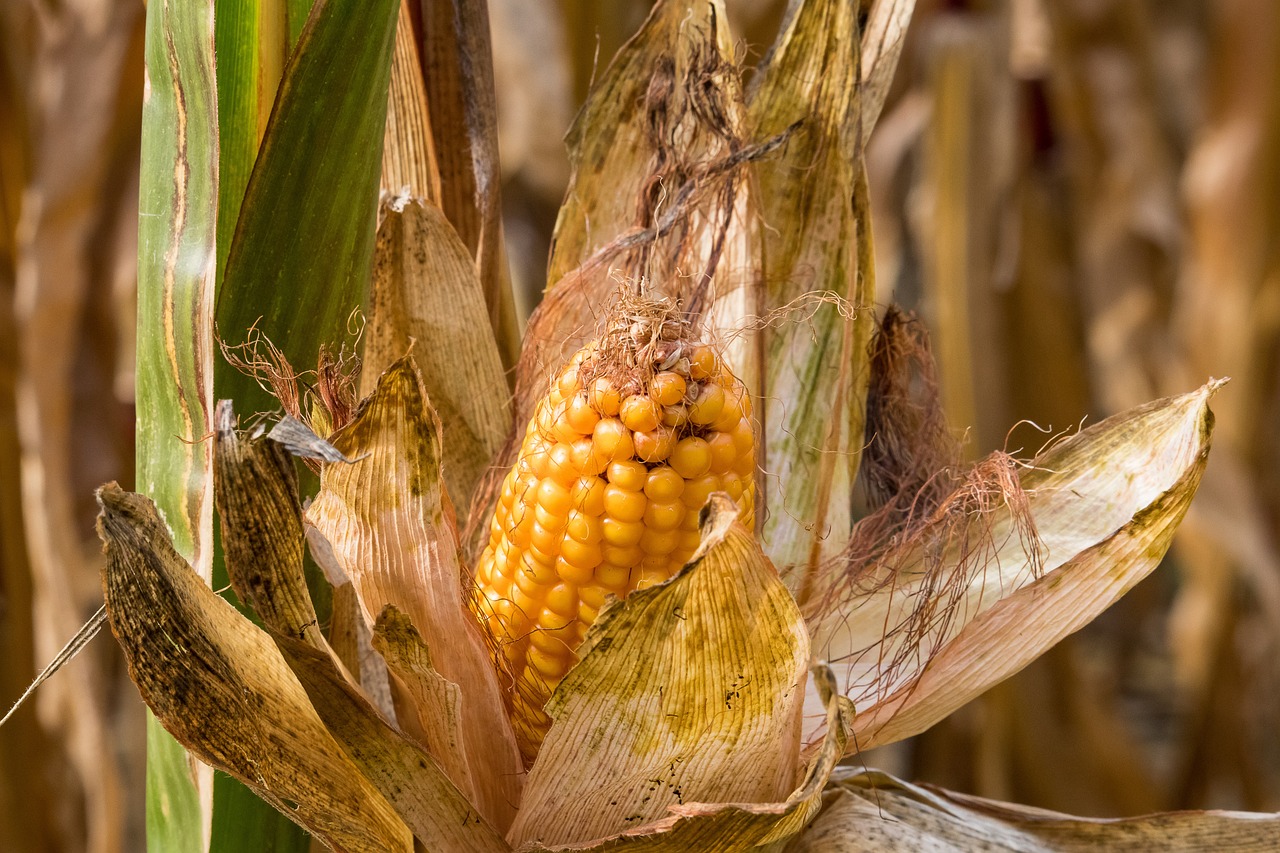As gardeners and farmers, we are often at the mercy of Mother Nature. Rainfall and soil moisture can directly impact crop health, and when it comes to corn, planting in wet soil can pose significant challenges. In this article, we explore the consequences of planting corn in wet soil and offer practical solutions for managing the inherent obstacles to a successful harvest.
Understanding the Effects of Wet Soil on Corn
Wet soil can negatively impact corn, with implications for crop development, risk of diseases, and overall yield. The main problem with planting in wet soil is the formation of a compacted layer around the seed, which can restrict root development and nutrient uptake later in the plant’s life. Further, planting in saturated ground can result in an open seed trench, leading to poor seed-to-soil contact. Wet soil can also contribute to stunted growth, lack of oxygen, and susceptibility to pathogens. However, scientists and farmers alike have identified strategies to ensure successful corn growth in less-than-ideal soil conditions.
Managing Wet Soil when Planting Corn

Delay Planting
When faced with wet soil, it might be best to delay planting until conditions improve. Planting before soil is dry enough can potentially result in yield losses of 40-50 bushels per acre compared to planting in more suitable conditions.
Soil Drainage
Proper soil drainage is important for avoiding excessively wet conditions. Good water management practices, like installing drainage systems, can limit soil saturation and support healthier crop growth.
Right Tilling Practices
Avoid tilling in wet conditions or utilizing no-till methods on wet fields, as it can interfere with seed channel closure and compromise the seedbed. Tilling wet soil can cause heavy compaction, limiting corn’s ability to spread its roots and grow properly.
Raised Planting Beds
Creating raised planting beds or berms can provide corn with easier access to both water and oxygen, thus improving root health and nutrient uptake.
Choosing Wet-Tolerant Corn
Select corn varieties that are more tolerant of wet soil conditions. Although these varieties may not be ideal for all situations, they can be an important tool in managing wet soil challenges.
Conclusion
Though corn can be planted in wet soil, the resulting effects may have severe consequences on the plants’ development and yield. Proper planning and targeted management practices can help alleviate some of these challenges. By understanding the risks associated with planting corn in wet soil and adopting appropriate strategies, you can still guide your corn crop toward a successful harvest.


Leave a Reply